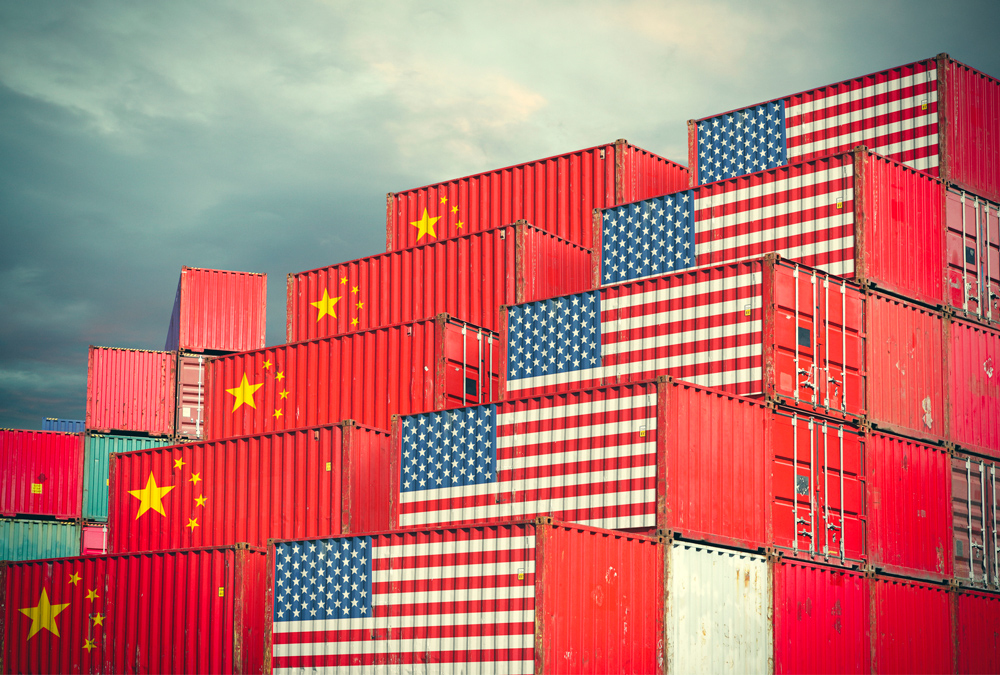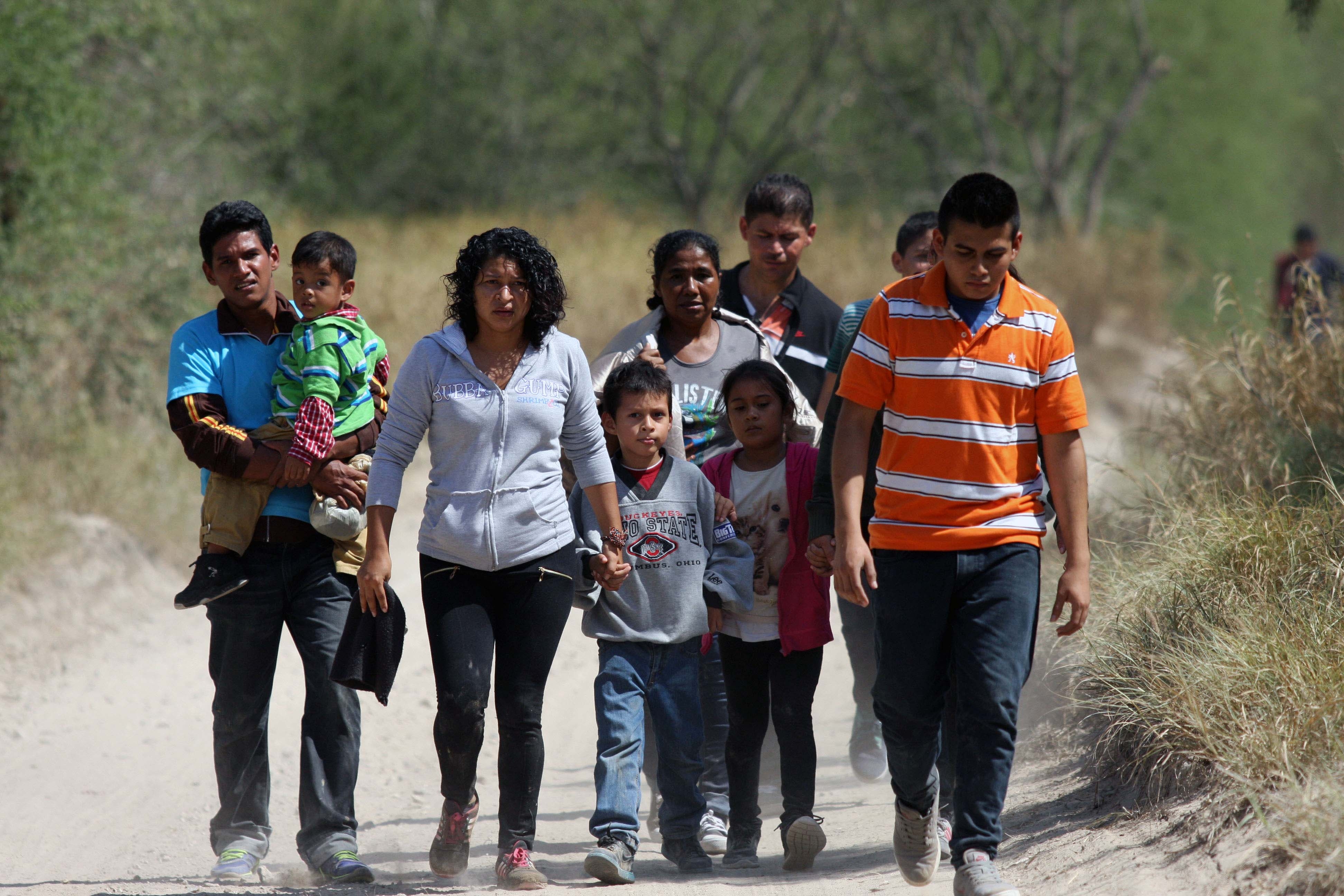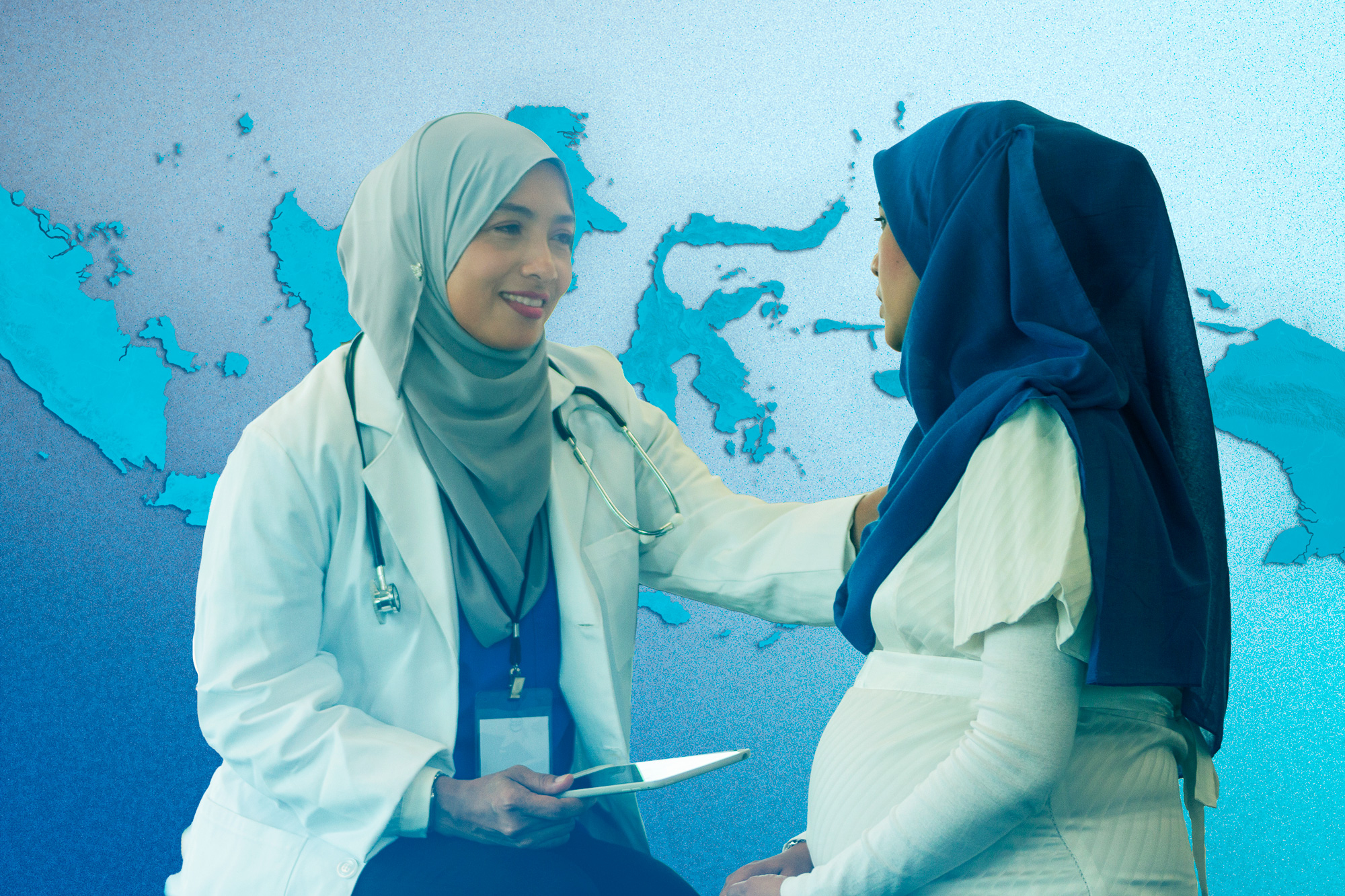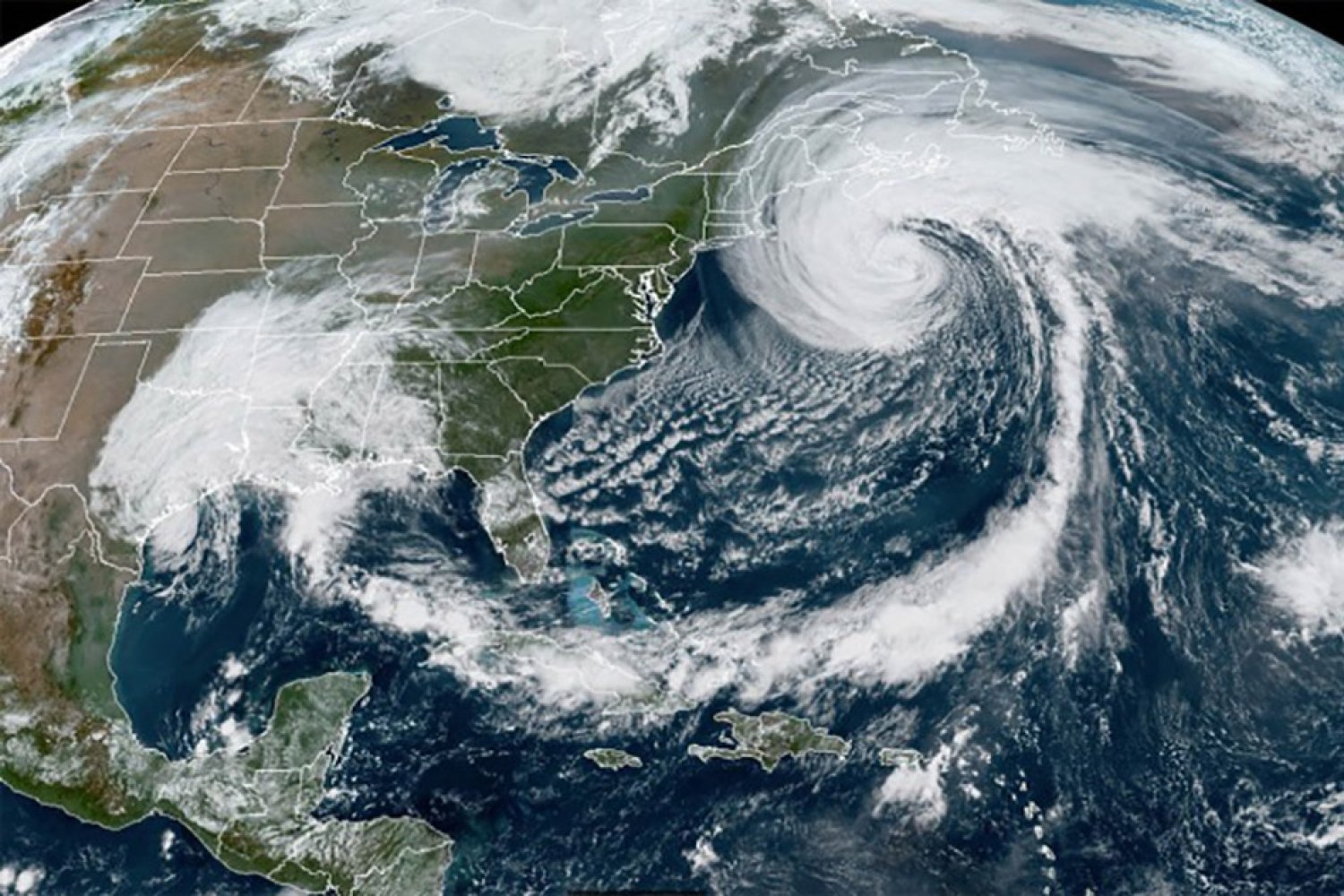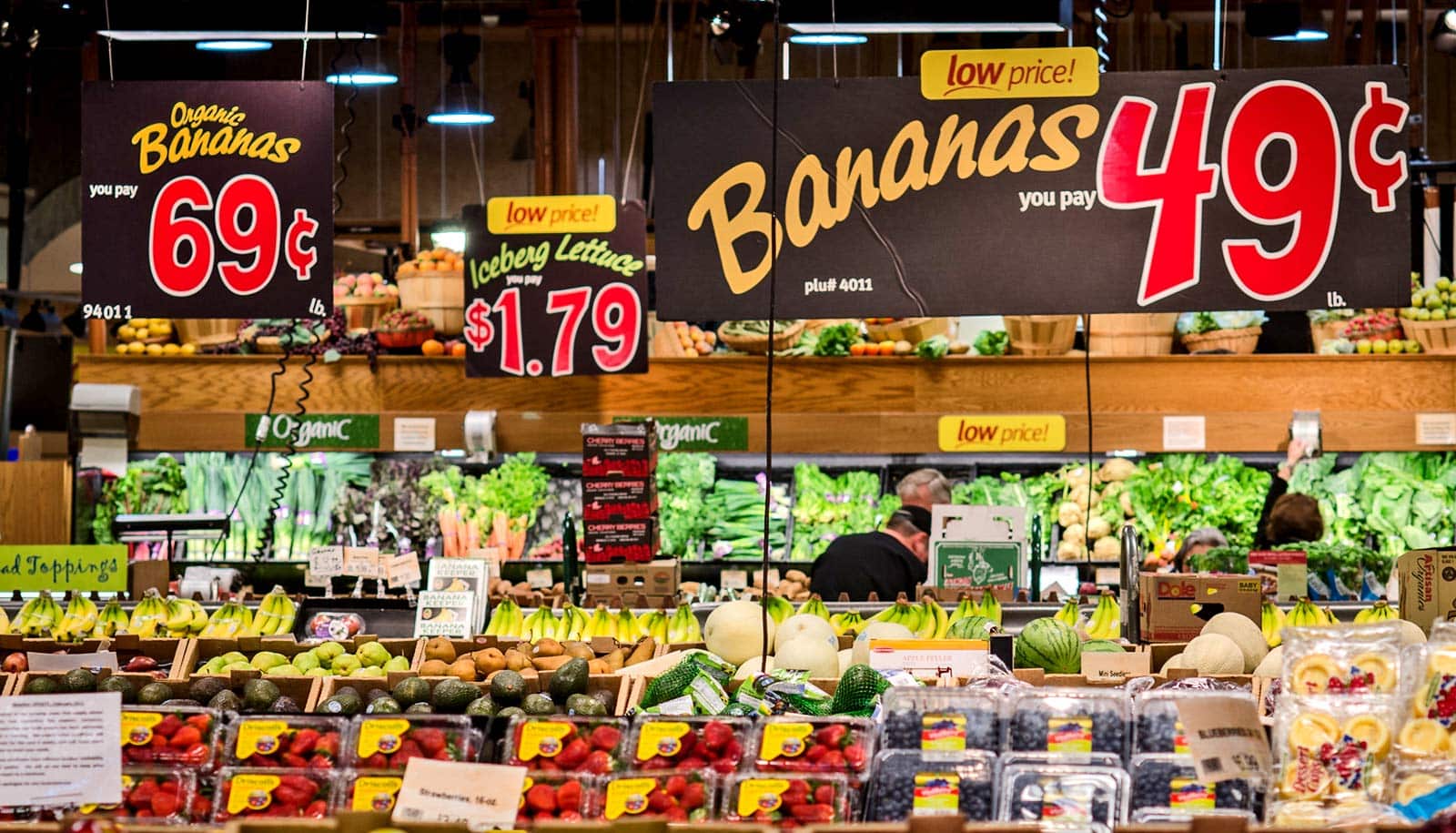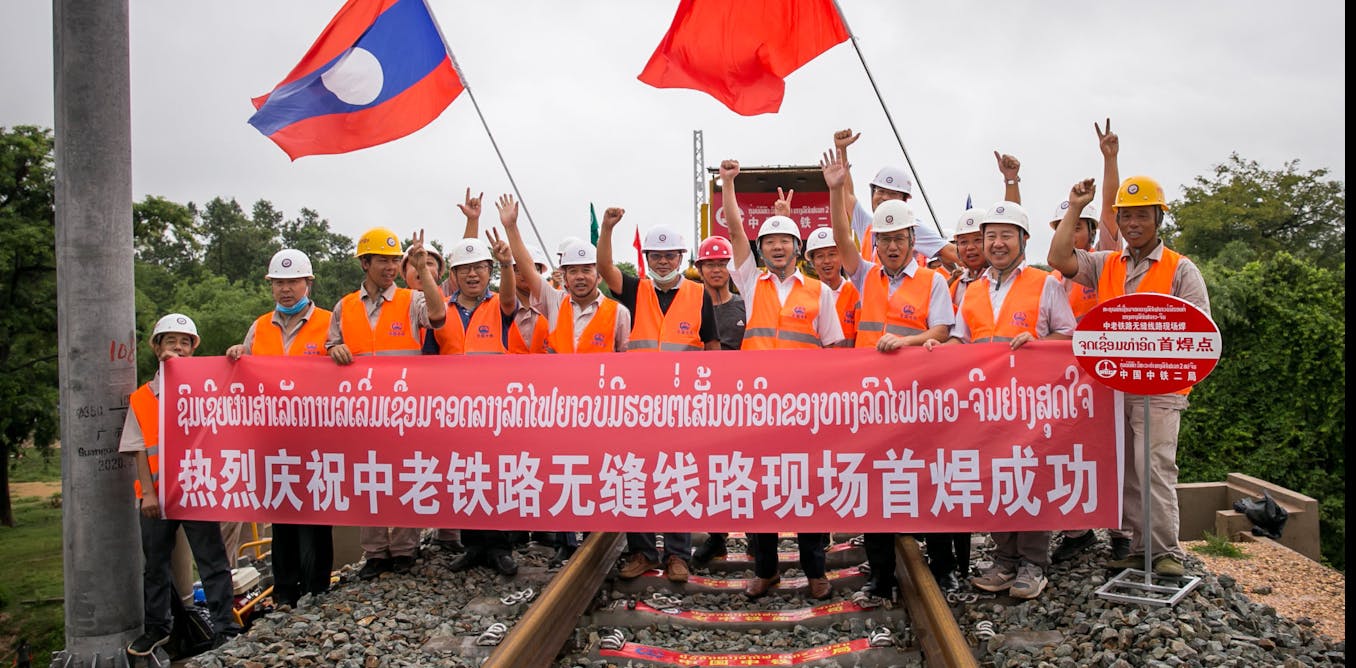The US was not prepared for a pandemic – free market capitalism and government deregulation may be to blame
While neoliberalism has allowed U.S. markets to grow, the resultant stunted public health system left Americans to figure out how to protect themselves from COVID-19 and its fallout on their own.
Elanah Uretsky, Associate Professor of International and Global Studies, Brandeis University
• conversation
Nov. 5, 2021 • ~10 min
Nov. 5, 2021 • ~10 min
Climate change: how economists underestimated benefits of action for decades
How economic thinking on climate change has evolved since the 2006 Stern Review.
Dimtri Zenghelis, Special Advisor to the Bennett Institute, University of Cambridge, University of Cambridge •
conversation
Oct. 29, 2021 • ~6 min
Oct. 29, 2021 • ~6 min
People use mental shortcuts to make difficult decisions – even highly trained doctors delivering babies
It’s human nature to unconsciously rely on quick rules to help make spur-of-the-moment decisions. New research finds physicians use these shortcuts, too, which can be bad news for some patients.
Manasvini Singh, Assistant Professor of Health Economics, University of Massachusetts Amherst •
conversation
Oct. 14, 2021 • ~10 min
Oct. 14, 2021 • ~10 min
China is financing infrastructure projects around the world – many could harm nature and Indigenous communities
Through its Belt and Road Initiative, China has become the world’s largest country-to-country lender. A new study shows that more than half of its loans threaten sensitive lands or Indigenous people.
Rebecca Ray, Senior Academic Researcher in Global Development Policy, Boston University •
conversation
Sept. 20, 2021 • ~11 min
Sept. 20, 2021 • ~11 min
/
53

